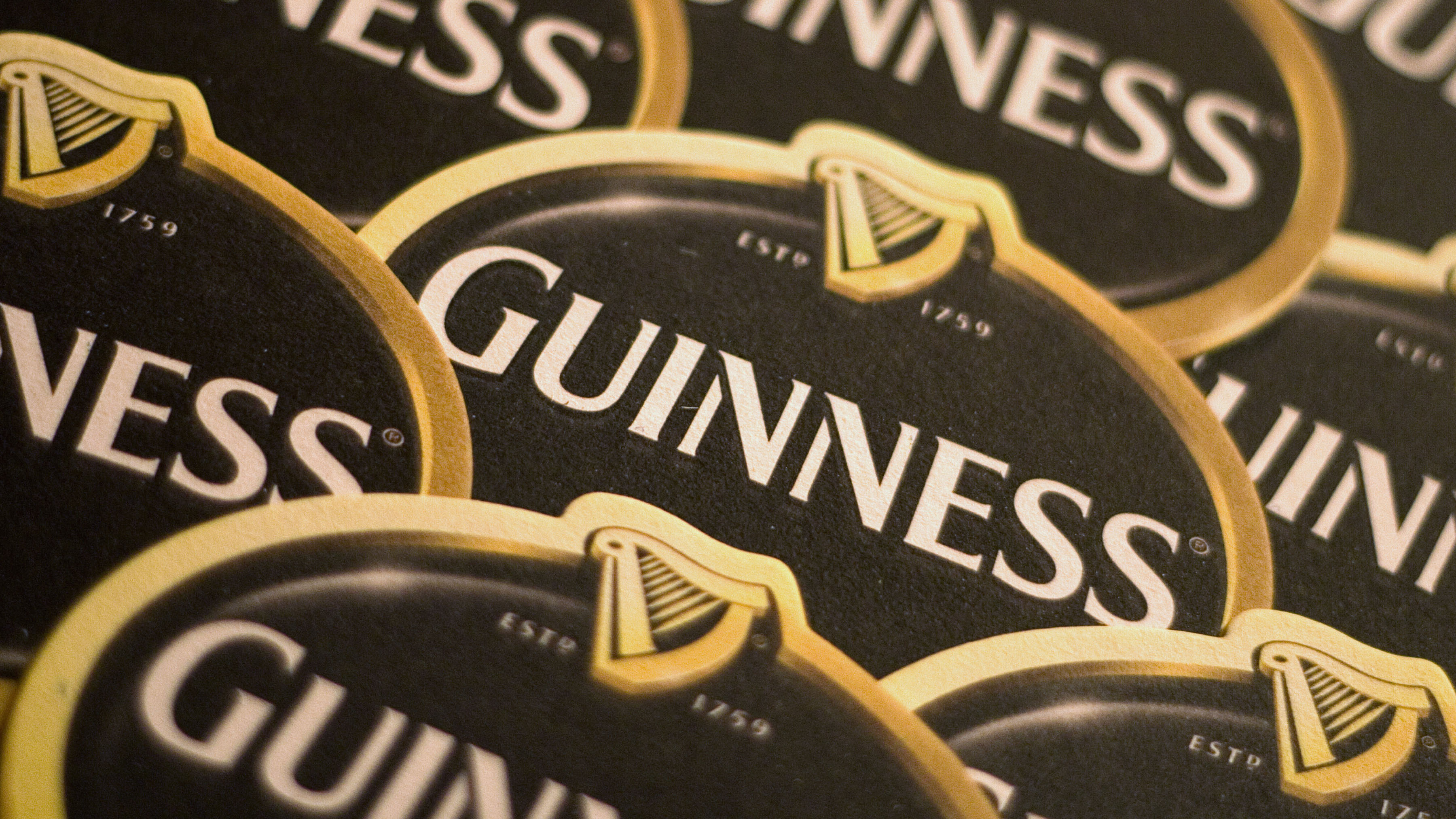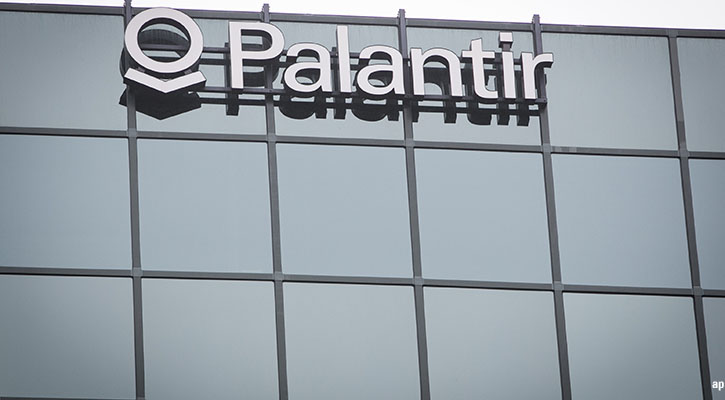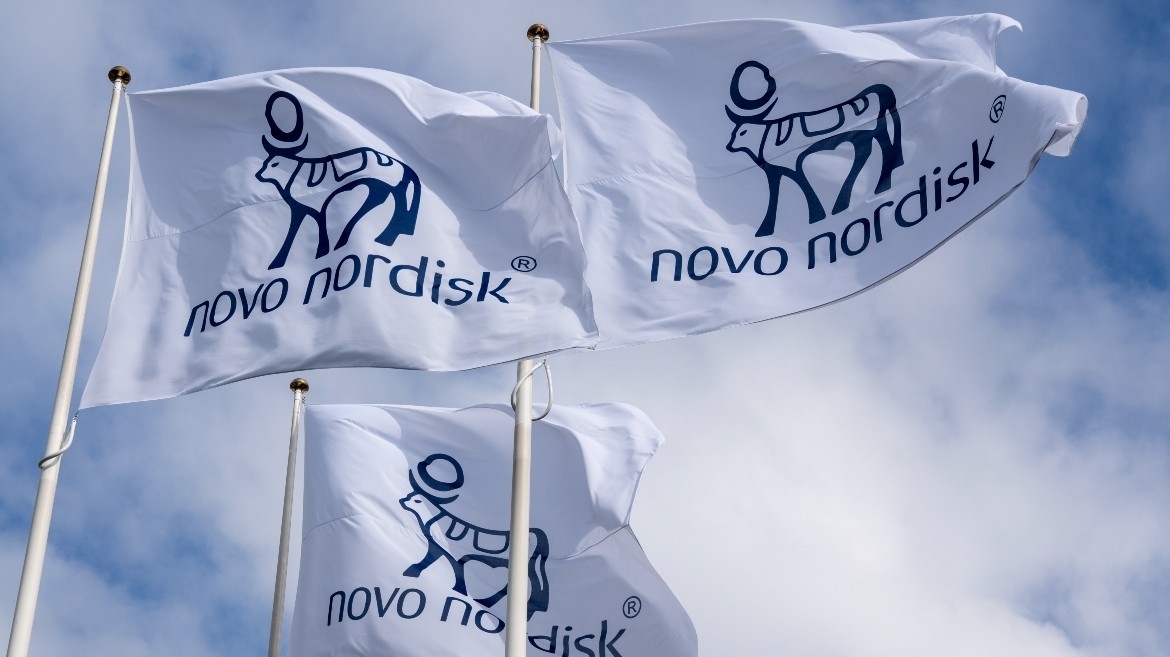The whole British economy has changed unrecognisably into … well, pretty much what we thought it was. The great GDP recalculation this week merely demonstrated that we went through a severe recession lasting five years and we are now well on the way out of it.
Headlines such as “True Force of Britain’s Recovery Revealed” and “Everything We Thought We Knew about the Economy Was Wrong” may have given investors some idea that the whole investment scenario had changed dramatically. Mercifully, this is not so.
Most of the ‘new’ figures from the Office for National Statistics were old hat. They showed that the economy shrank by 6%, not 7.2% in the recession. Hang on a minute; didn’t original GDP figures show something similar until they were dramatically revised downward a couple of years ago? Indeed they did. So it’s as you were.
It is certainly very good news that the pick-up from the bottom of the recession to 2012 has been about 0.5% a year better than thought, and it confirms my view that it was Alistair Darling, not George Osborne, who saved the economy that Darling’s predecessor Gordon Brown damaged so badly.
The ONS made clear that figures over the past 18 months would not be revised up by a similar amount, although the 0.8% recorded in each of the first two quarters of 2014 could nudge up to 0.9%.
The point is that the UK economy is moving strongly in the right direction, which we already knew. In particular, the services sector is still growing apace and although manufacturing has eased back it is still improving.
The surge in the FTSE 100 to its highest level since the dotcom bubbled burst was a bit of a short-lived overreaction but the index is back firmly above 6,800 points. A genuine settlement between Ukraine and Russia would surely give the boost that takes the Footsie to a new high.
Contrast this with what is happening in Europe, where reminders of the economic mess pop up nearly every week and where sanctions against Russia can only make matters worse. France has blocked the export of two warships to Russia with understandable reluctance. Its economy can do without this kind of setback.
European Central Bank president Mario Draghi is left scrabbling around for new initiatives. Each one is greeted with enthusiasm, as happened on European stock markets this week, and each time reality soon sinks in again.
Stay invested in UK stocks. We remain the brightest spot in the European Union.
BP is Billed Big
Another court ruling, another bill for BP (BP.). A US court has ruled that the oil giant was guilty of gross negligence and wilful misconduct in the Gulf of Mexico oil spill, which could mean penalties of up to $17.6 billion (£11 billion) against the $3.5 billion set aside. BP will appeal, thus running up more legal costs.
Don’t treat the subsequent slump in the BP share price as an opportunity to buy in cheaply. You would be buying into an oil-sodden morass.
Feel Free to Go Ahead
A transport company is worth considering in any well-balanced portfolio and I have been more than happy with the performance of National Express (NEX) in mine. It remains a pretty good prospect with a decent yield and well-covered dividend.
However, Go-Ahead (GOG) also looks a good prospect for new investors. It runs more than 20 bus companies across the UK and has three rail franchises. Successive governments have demonstrated that allowing rail companies to make growing profits from the taxpayer subsidised rail network take priority over the passengers.
Go-Ahead saw revenue rise 5% in the year to the end of June and while profits were boosted by one-off factors the underlying figure was well ahead. The final dividend is raised for the first time in six years.
The shares trade on a yield of 5.5%, although the dividend is not quite as well covered as that of National Express. The P/E is an undemanding 10 times. Worth a look now some of the initial gain after the results has worn off.





























